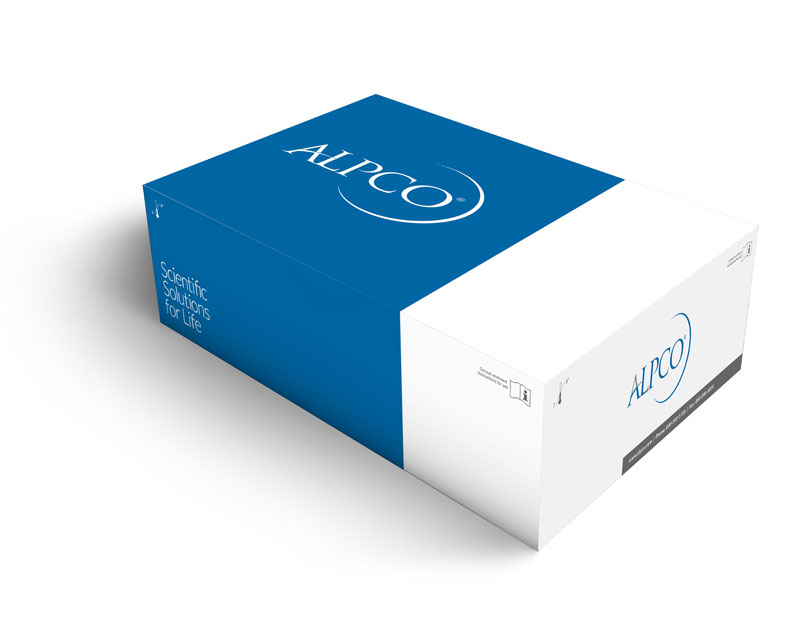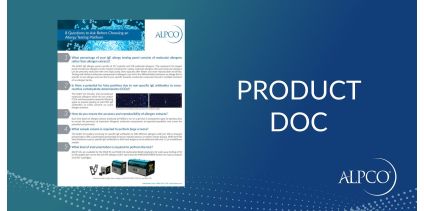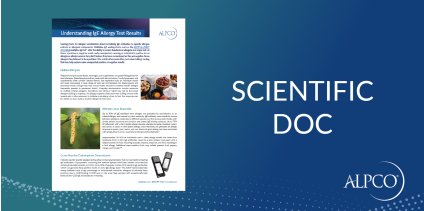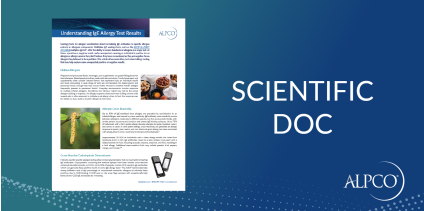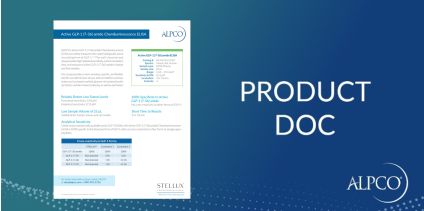Human Intact FGF-21 ELISA
$723.00
Catalog
43-FGFHU-E01
The human intact FGF-21 ELISA is for determination of FGF-21 in EDTA plasma or serum samples. The assay has a superior sensitivity of 1.7 pg/mL. Research Use Only. Not for Use in Diagnostic Procedures
Species
Human
Regulatory Status
Research Use Only. Not for Use in Diagnostic Procedures.
Product Distribution
Available Worldwide
Range
32.5 - 2000 pg/mL
Sensitivity
1.7 pg/mL
Sizes
96 Wells
Sample Types
EDTA Plasma, Serum
Inc Time Hour
2
Inc Time Minute
20
Inc Time Overnight
No
Inc Time See Protocol
No
Sample Size
50
Detection
Colorimetric
Fibroblast Growth Factor 21 (FGF-21) belongs to the FGF-19 subfamily, which includes FGF-19,
FGF-21, and FGF-23. The FGF-19 family members are potent endocrine hormones in the
regulation of physiological homeostasis. Intact FGF-21 is a small protein comprised of
181 amino acids. Administration of recombinant FGF-21 lowered plasma glucose and insulin
levels, reduced hepatic and circulating triglycerides and cholesterol levels, and improved insulin
sensitivity, energy expenditure, hepatic steatosis and obesity in a range of insulin-resistant animal
models. The physiological functions of FGF-21 rely on the intact molecular structure and amino
acid sequence in its N-terminal and C-terminal region. The N-terminal truncated FGF-21 (7-181)
is a potent inhibitor that competitively inhibits the biological activity of intact FGF-21 (1-181).
Therefore, it is important to measure the circulating intact FGF-21 level in the assessment of the
physiological and pathophysiological condition. An assay that cross-reacts with the fragment of
the FGF-21 might overestimate the biological activity of the protein in test samples. Measuring
FGF-21 can be used in researching nonalcoholic fatty liver disease (NFALD), type 2 diabetes,
Cushing syndrome, and kidney disease.

